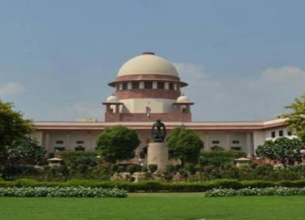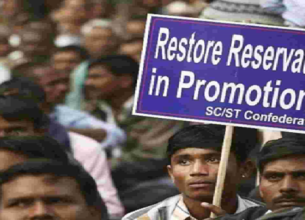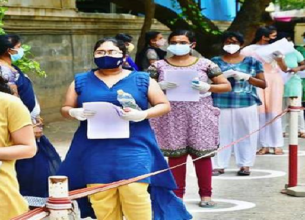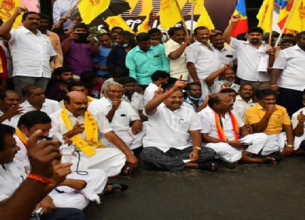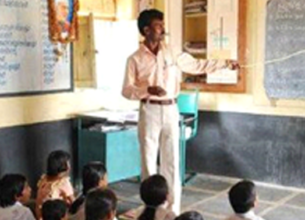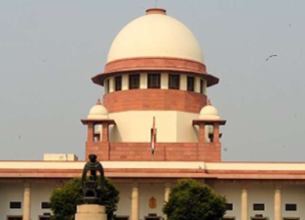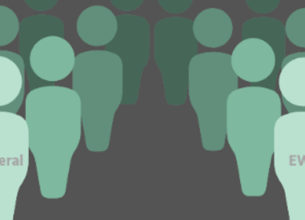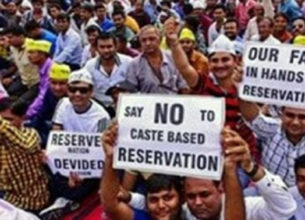Order on EWS Criteria will Apply for ‘22-23 NEET Admissions, says SC
15, Feb 2022
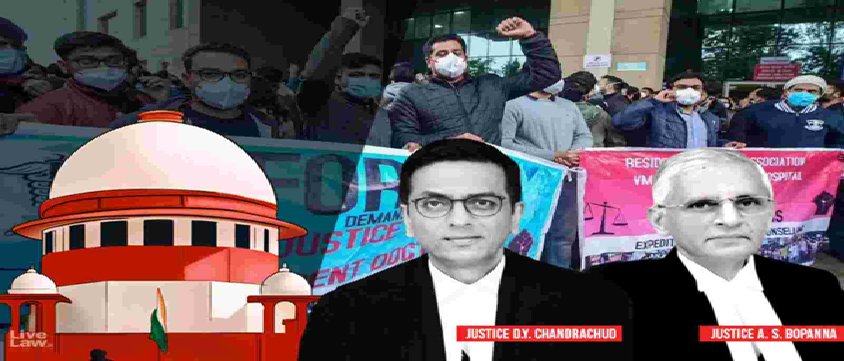
Prelims level : Rights Issues
Mains level : GS-II Welfare schemes for vulnerable sections of the population by the Centre and States and the performance of these Schemes; Mechanisms, Laws, Institutions and Bodies constituted for the Protection and betterment of these Vulnerable Sections.
Why in News?
- The Supreme Court recently said whatever it decides on the criteria to identify Economically Weaker Section (EWS) for granting benefits of reservation will apply in NEET-PG 2022-23 admissions as well.
About the News:
- The court was hearing a petition filed by Varun Dileepbhai Bhatt and others on the applicability of the EWS criteria in NEET PG 2022-2023 exam. Advocate Charu Mathur, appearing for the students, said they had sought an extension of the deadline for edit option in the online forms with respect to the EWS norms.
- Some MBBS doctors, who have also filed a plea, sought direction to the Centre to specify in an information bulletin that the EWS criteria for academic session 2022-23 would be decided in terms of the pleas challenging the amended reservation policy (27% OBC and 10% EWS) in the All India Quota for the NEET.
- They too had urged for an extension of the date for the edit window from February 11, 2022 to enable the candidates to choose EWS category after the final decision in the pending matter.
- On January 20, the top court had said merit cannot be reduced to narrow definitions of performance in an open competitive examination which only provides formal equality of opportunity. It had upheld the 27% reservation for OBCs in All India Quota (AIQ) seats in the NEET for UG and PG medical courses.
What is NEET?
- The National Eligibility-cum-Entrance Test (NEET) is the entrance examination for entry to all undergraduate (NEET-UG) and postgraduate (NEET-PG) medical and dental courses in the country.
- Until 2016, the All India Pre-Medical Test (AIPMT) was the national-level entrance examination for medical colleges.
- State governments used to hold separate entrance tests for seats that were not contested at an all-India level.
- NEET was held for the first time in 2003, but discontinued the following year.
- On April 13, 2016, the Supreme Court upheld the newly inserted section 10-D of the Indian Medical Council Act.
- This provided for a uniform entrance examination to all medical educational institutions at the undergraduate level and postgraduate level in Hindi, English and various other languages.
- Since then, NEET has been the uniform entrance test for medical courses across the country.
Who are “Economically Weaker Sections”?
- For the purposes of article 15 and article 16, “economically weaker sections” shall be such as may be notified by the State from time to time on the basis of family income and other indicators of economic disadvantage.’
- Central Government of India has specified certain criteria for identifying the EWS. This will be a class distinct from the already specified classes of SCs, STs and socially and educationally backward classes (OBCs).
- The EWS quota applies to household with
- Annual household income below Rs 8 lakh.
- Agriculture land below 5 acres.
- Residential house below 1000 sq ft.
- Residential plot below 100 yards in notified municipality.
- Residential plot below 200 yards in non-notified municipality area.
What are the Implications?
- The 10% reservation will be in addition to the existing cap of 50% reservation for the Scheduled Castes, Scheduled Tribes and the Other Backward Classes, taking total reservation to 60%.
- The quota targets the poor among the upper castes. This will be over and above 50% mandated by Constitution and hence the need for Constitution Amendment Bill.
SC Verdict in Indira Sawhney case:
- The proposed law would face roadblocks if challenged in the Supreme Court.
- A nine-judge Constitution Bench of the Supreme Court in the Indira Sawhney case of 1992 specifically answered the question “whether Backward classes can be identified only and exclusively with reference to the Economic Criterion.”
- The constitution bench had categorically ruled that a backward class cannot be determined only and exclusively with Reference to Economic Criterion. The bench had held that economic criterion may be a Consideration or basis along with, and in addition to, social backwardness, but it can never be the sole Criterion.
- The bench in its judgement declared 50% quota as the rule unless extraordinary situations “inherent in the great diversity of this Country and the people” happen. Even then, the court stated that extreme Caution is to be Exercised and a special case should be made out.



